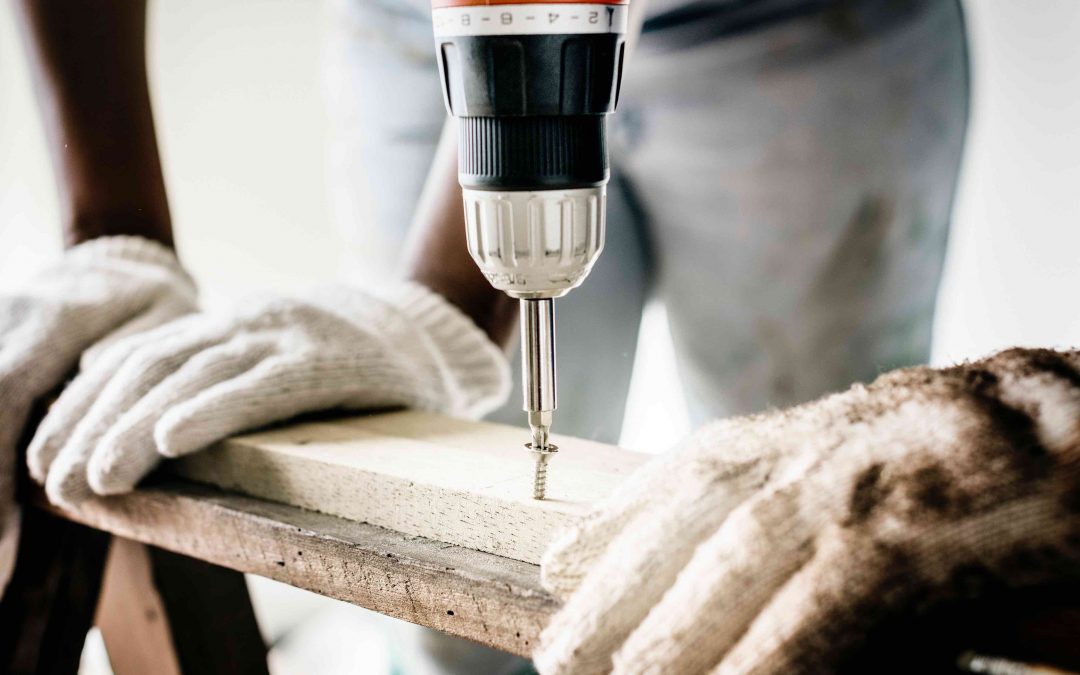Why pay to repair something you can fix yourself? With limitless resources on the internet, people have become more confident in their ability to fix things on their own. But sometimes it might actually be cheaper to hire a professional than take on a DIY home repair.
So before you break out the old toolbox from the attic or take a costly trip to your local home improvement store, ask yourself the following questions:
Do you have the right materials and tools?
You may be tempted to make do with what you already have, but when it comes to DIY home repairs, it’s important to use the correct tools and materials to ensure your project is done the right way and as safely as possible.
Sure, it may not cost a lot to buy a few tools from your neighborhood hardware store, but many home repair projects require specialty tools — which aren’t worth buying for one-time use.
Also consider the likelihood and cost of making mistakes with the materials you purchase. For example, if you struggle to align wallpaper and need to keep removing it, you may end up having to buy more.
Professionals also often have easier access to higher-quality tools and materials. They’ve already invested in a collection of tools, which they know how to properly use.
Is it safe?
Many people go by the rule of thumb of avoiding DIY home projects that require a building permit. Depending on where you live, permits issued by a city or county are often needed for structural, HVAC, electrical, and plumbing projects to ensure safe and proper construction.
Some DIYers skip the permit process as a way to save money, but if caught without one, they could be fined a great deal — often much more than it would have cost to hire a professional.
Even if the project doesn’t require a permit, misusing tools or failing to follow safety precautions can lead to a costly trip to the emergency room. If you plan on tackling your own home repairs, be sure you are capable of doing so safely.
Can you guarantee the desired end result within the time allotted?
Professionals are professionals for a reason — they know what they’re doing, and they do so at a quality standard. They have been trained to do so.
Yes, you may be capable of learning how to repair your home, but at what cost? It may take you longer because you’re learning on the job. And your mistakes may cost you more money than you originally planned on spending.
For example, demolition seems simple, but if you hit a load-bearing wall or a hidden gas line, you’ll suddenly have created an expensive problem.
Do you have time to learn?
If you haven’t done this particular task, you need to educate yourself. You can get hands-on training by attending home repair classes, which can be found through nonprofit organizations and community colleges, as well as a few home improvement store locations.
Knowing more about how your house works will help you in your home repair decisions — whether you employ yourself to do the fixing or confidently navigate the process with a professional.
The bottom line
If you confidently answered yes to all the questions above, it may be financially wise to tackle your own home repairs. But if you answered no to any of the questions, you may want to consider hiring a pro.




